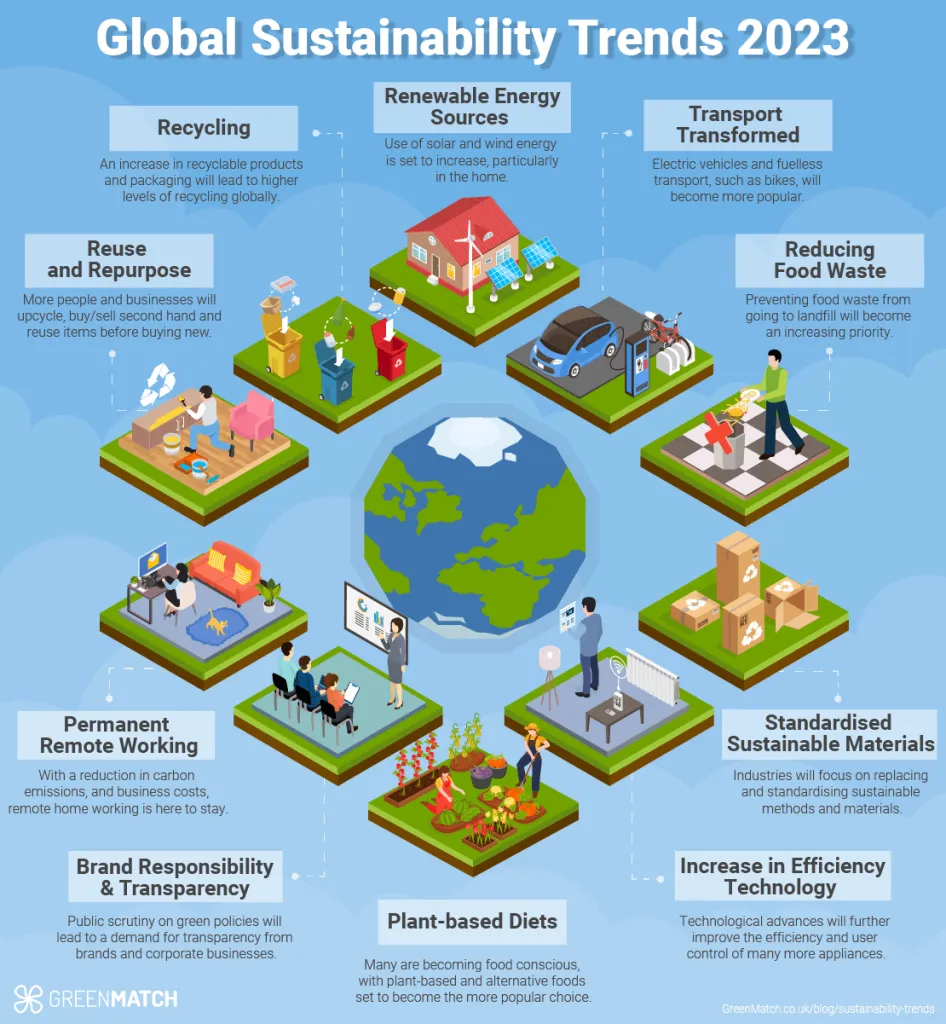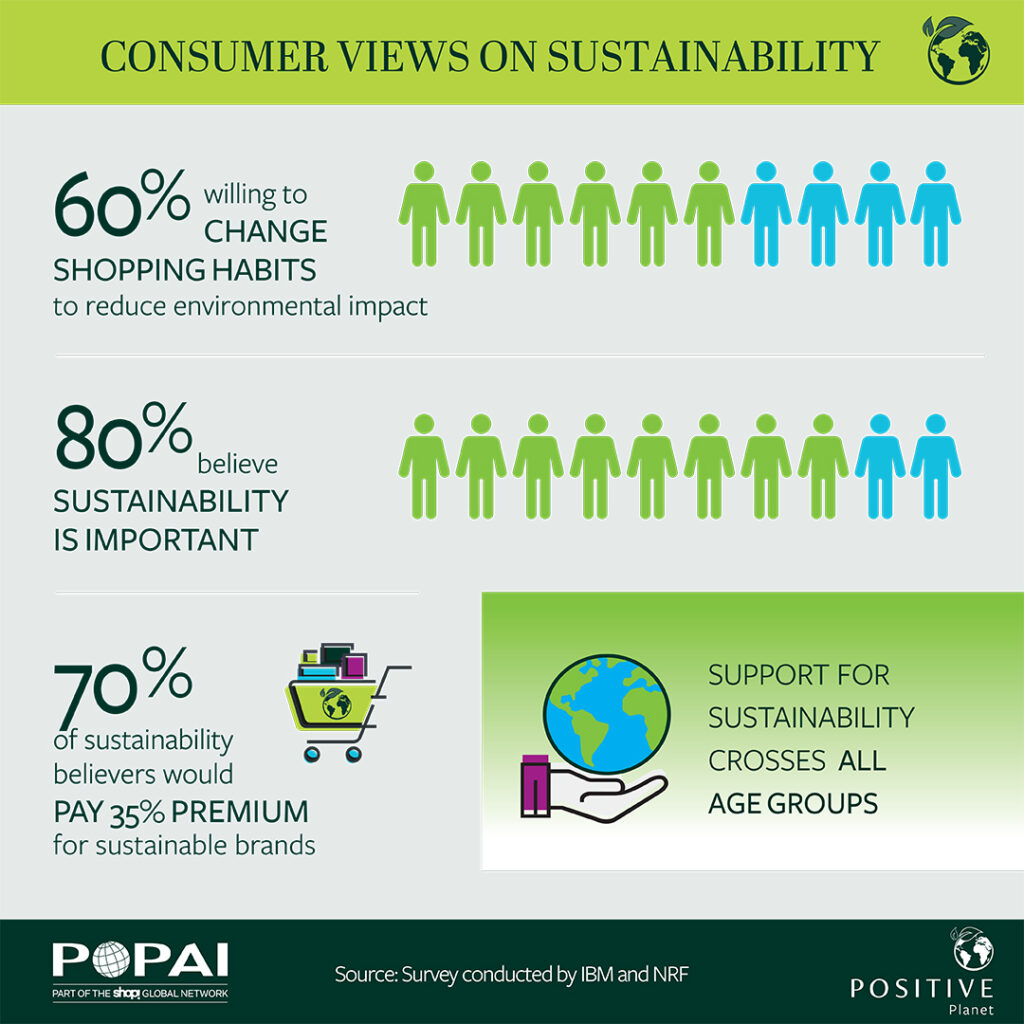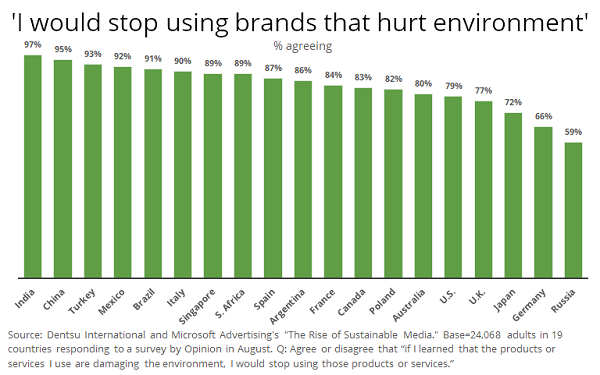News & Media / Why Ethical Marketing is a Smarter Way to Lead in a Values-Driven Economy
Why Ethical Marketing is a Smarter Way to Lead in a Values-Driven Economy
Why Ethical Marketing is a Smarter Way to Lead in a Values-Driven EconomyIn an era where every click has a carbon cost and trust is the new currency, ethical marketing isn’t just a moral stance, it’s a competitive strategy to build deeper relationships with your existing clients and stand out in the minds of prospects.
As regulations tighten and client scrutiny sharpens, this is an opportunity for marketers to begin turning sustainability from a burden into brand moat.
We believe that ethical marketing is a system upgrade, not just a side-campaign. We’ve built our business around it.
What’s Ethical Marketing anyways?
Ethical marketing t is the practice of promoting services, capabilities, and brand values with honesty, transparency, and accountability. It means putting long-term trust, client relationships, and reputational integrity ahead of short-term wins. Which means actively avoiding manipulation, exaggeration, or greenwashing. In practice, this includes:
- Truthful representation of expertise, outcomes, and client impact
- Respect for data privacy and consent in outreach and targeting
- Avoidance of misleading claims, particularly in ESG, DEI, or sustainability messaging
- Inclusive, human-centered communication that respects all stakeholders
- Alignment between what a firm promises and how it delivers

In high-trust industries like B2B professional services where reputation and relationships are everything, ethical marketing builds credibility, attracts aligned clients and partners, and ensures compliance with evolving regulations and societal expectations.
Greenwashing, Carbon Waste & Consumer Distrust

Here’s what’s shifting:
- Carbon cost of marketing: Emails, heavy websites, AI-generated content, retargeting pixels, every digital touchpoint leaves a trace. A single email emits about 4g of CO₂. Now imagine that scaled across millions.
- Tighter regulations: In Canada, Bill C-59 makes it illegal to make environmental claims without evidence. WE believe countries across the world will begin implementing such regulations around making generic greenwashing statements, especially in advertising & marketing.
- Rising skepticism: 71% of global consumers are wary of greenwashing. More and more are demanding proof and we believe this will play a bigger role long term with millennials, Gen Z’s making more responsible decisions of who to do business with.
As marketers, we are uniquely positioned to address this because we own the narrative. And we influence the systems!
Where to Start:
A 2020 NielsenIQ study found that 78% of consumers would switch to a brand with stronger environmental values. Sustainable brands are also 2.5x more likely to be perceived as category leaders.

A Deloitte Digital study surveying 1,300 B2B customers found that service providers demonstrating strong sustainability commitments, such as carbon reduction initiatives and transparent practices, earned higher trust scores. These scores encompassed factors like capability, reliability, humanity, and transparency. Notably, sustainability efforts positively impacted client loyalty, willingness to pay premium prices, and long-term purchasing commitments.
At Hyphen, we guide clients through what we call The Ethical Marketing Flywheel, a strategic approach to sustainable growth that’s high-trust and high-performance.
1. Map Your Growth Loops
Identify the flywheels that already power your business such as email sequences, referral programs, SEO content, onboarding flows. Then ask:
- Where can we embed sustainability signals?
- Where can we eliminate digital waste?
🔧 Quick Win: Reduce the weight of your top 5 pages by 50% using compressed assets. You'll improve load speed and reduce emissions in one sprint.
2. Run a Micro Digital Carbon Audit
Use tools like
Sustainable UX Practices:
Compressed assets and lean code, cut page load times and bounce rates, while boosting discoverability:
- Lazy-load videos
- Remove redundant tracking pixels
- Shift media spend to greener publishers
Goal: Reduce carbon intensity without sacrificing performance.
3. Anchor with One Third-Party Credible Certification
Whether it’s B Corp., 1% for the Planet, Climate Neutral, or many more out there, pick a framework that matches your ambition and use it as a compass for campaign decisions.
Aligning with certifications like these builds trust instantly, especially under Bill C-59. They’re filters for better business, not vanity badges, so don’t treat them as such!
Inside Hyphen: Our Commitment to Ethical Marketing
Our policy isn’t a PDF buried on a shared drive. It’s embedded in how we work.
✅ Honesty & Transparency: No vague claims. No inflated promises. Every message is backed by data.
✅ Privacy Respect: We don’t just follow the rules—we make opt-ins meaningful and user-first.
✅ Diversity & Inclusivity: Our content is created to reflect the world we live in. No tokenism. No stereotypes.
✅ Accountability: Every campaign goes through a values-alignment check. If it doesn’t meet our standards, it doesn’t ship.
✅ Partners with Principles: We choose collaborators who share our ethics, because aligned values create better outcomes.
We review our marketing practices annually, train our teams regularly, and course-correct when needed. It’s a living policy because the landscape is constantly evolving—and we intend to stay ahead of it.
Building Trust and Growth Through Ethical Marketing
The marketers of tomorrow won’t be those who shout the loudest. They’ll be the ones who prove the most. And keep these findings top of mind when proposing this as a marketing strategy:
- Trust and Transparency: B2B clients value partners who are transparent about their sustainability practices, as this builds trust and strengthens business relationships.
- Competitive Advantage: Demonstrating a commitment to sustainability can differentiate firms in a crowded market, potentially leading to increased client acquisition and retention.
- Regulatory Compliance: As regulations become more stringent, clients are likely to prefer partners who can help them navigate and comply with sustainability-related requirements.
In summary, integrating sustainability into core business strategies is not only ethically responsible but also aligns with the evolving expectations of B2B clients and the professional services market.
We believe that ethical marketing practices are the foundation for durable growth, brand equity, and trusted relationships.
Embedding your values into lifecycle marketing and referral loops compounds over time leading to lower CAC (Client Acquisition Cost) and higher LTV (Life Time Value)
Interested in More?
📩 Reach out to the Hyphen team to explore how we can help turn your values into velocity.
